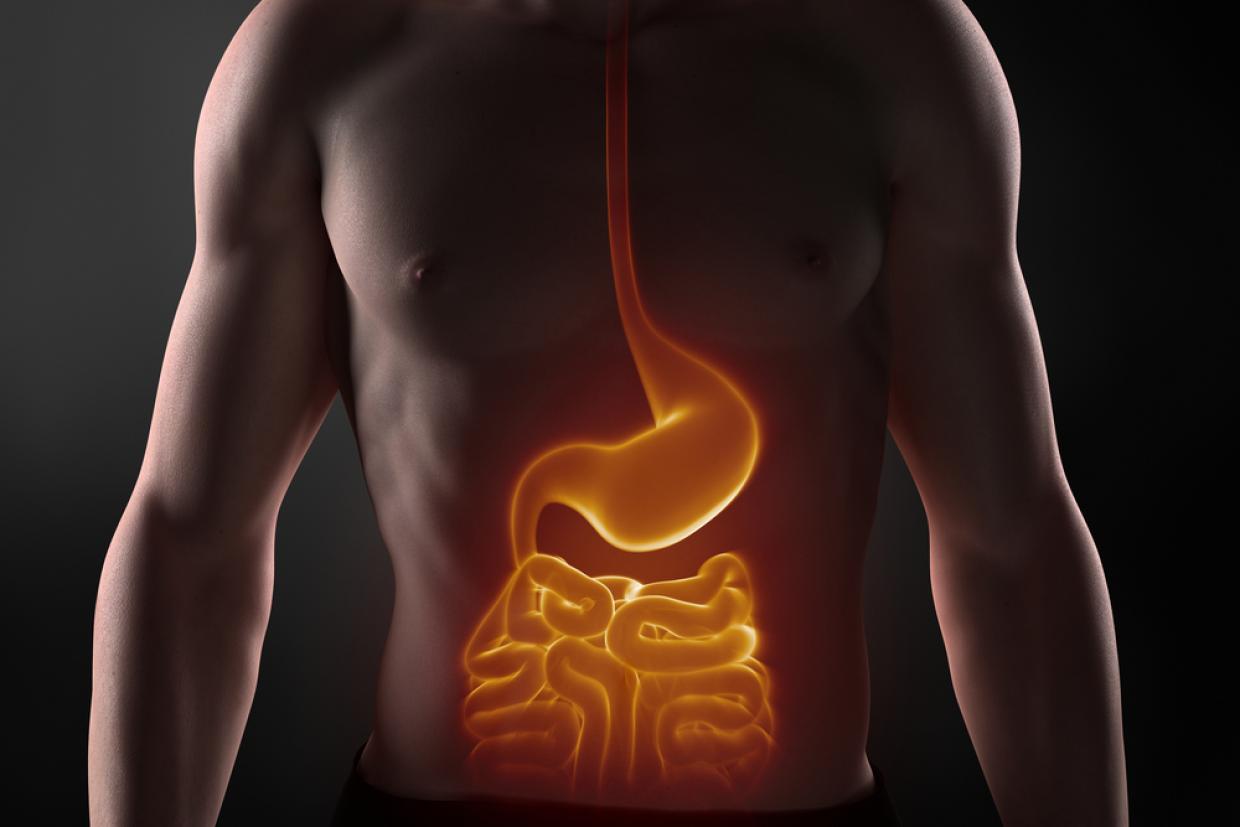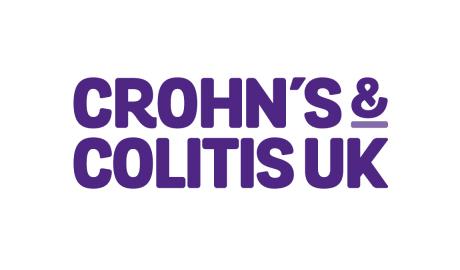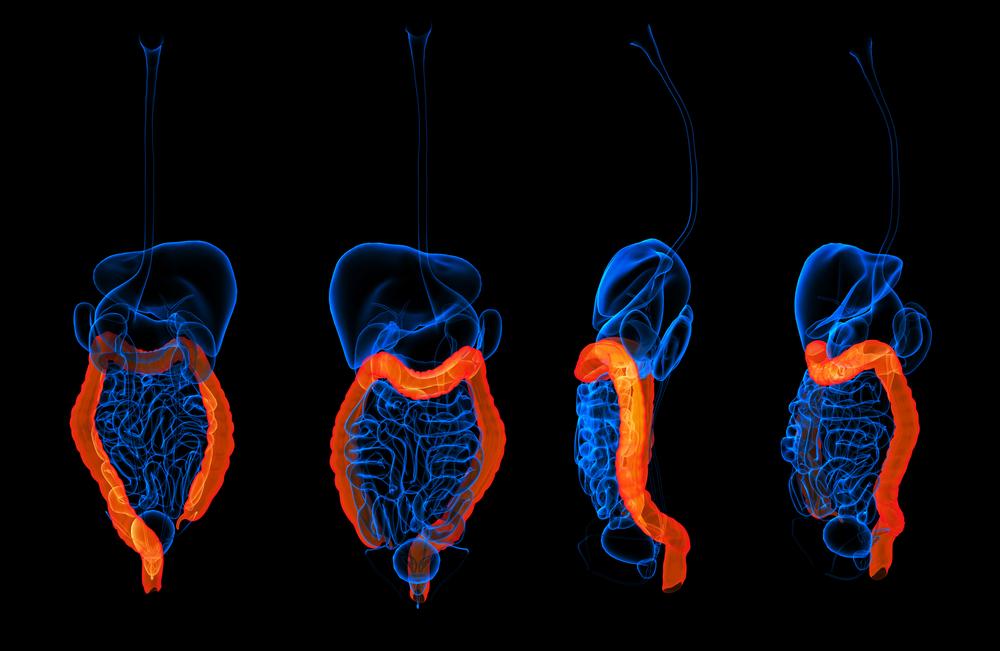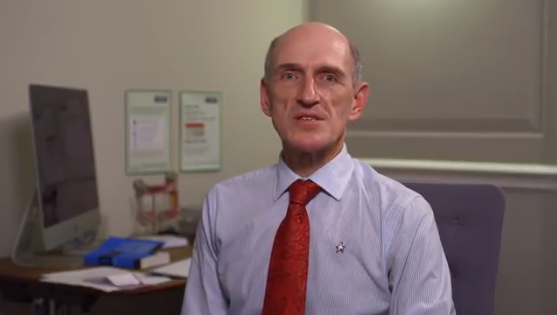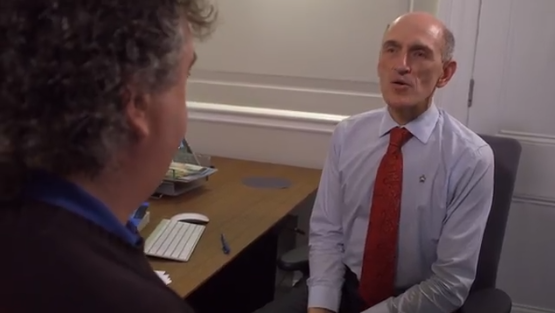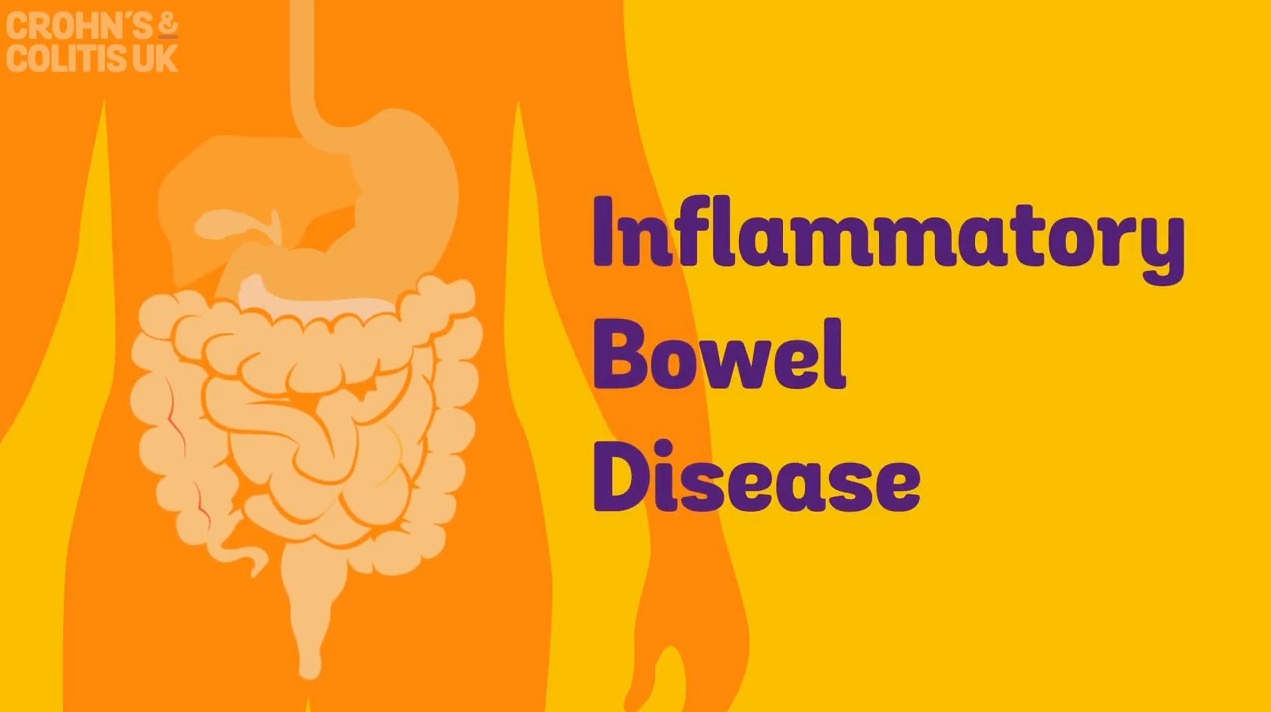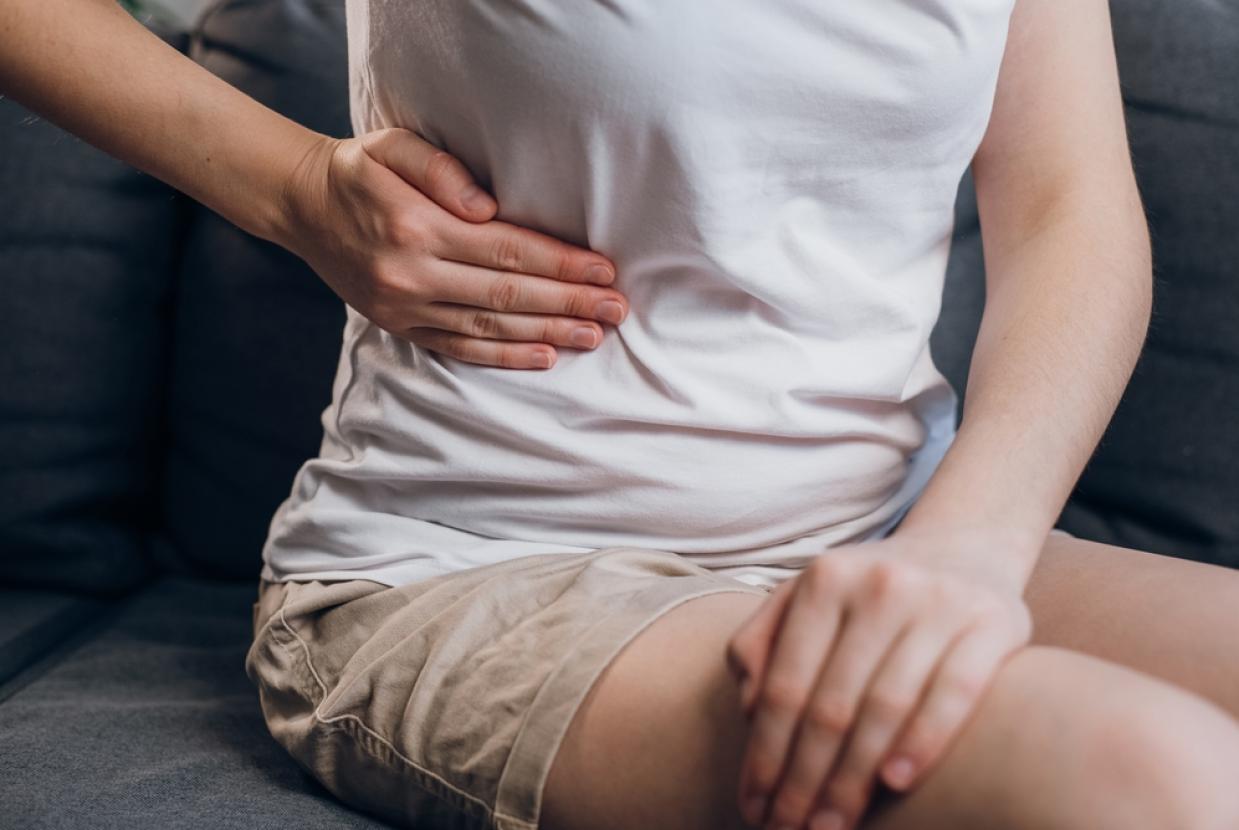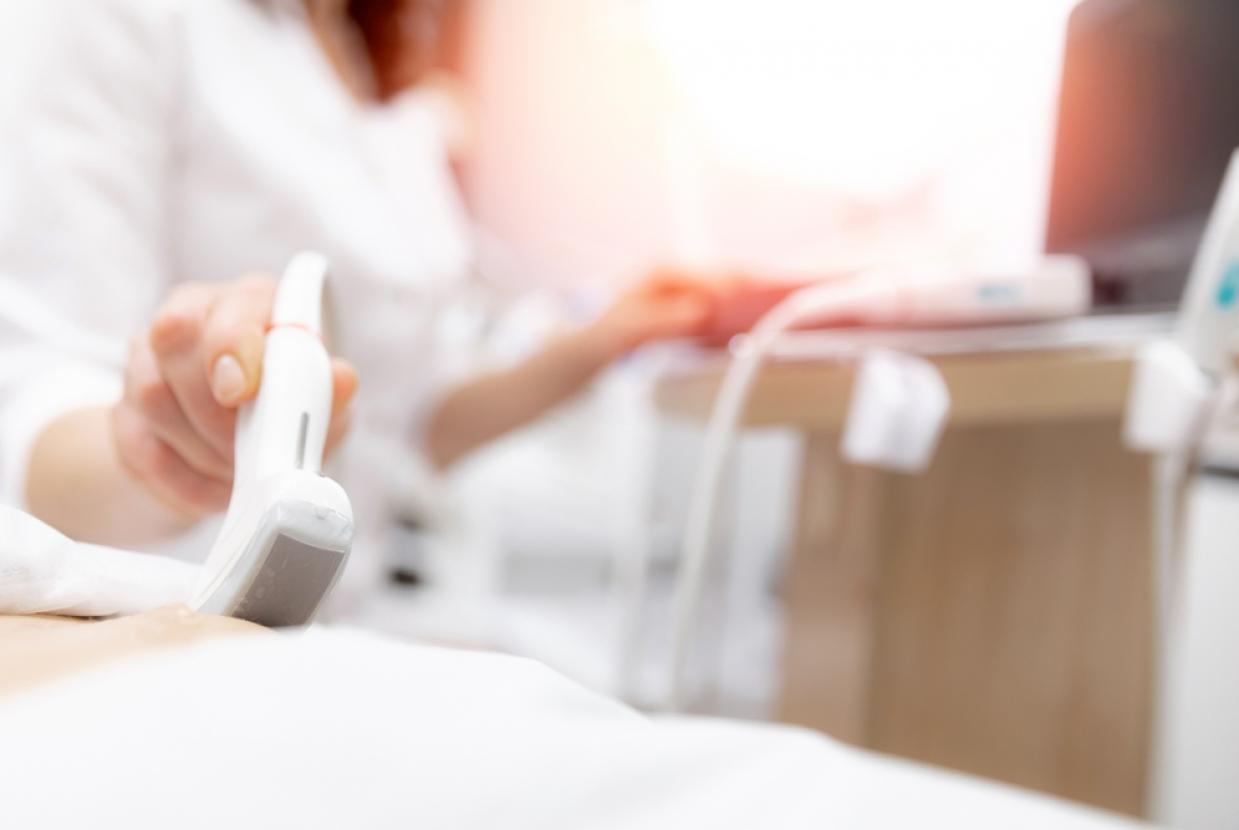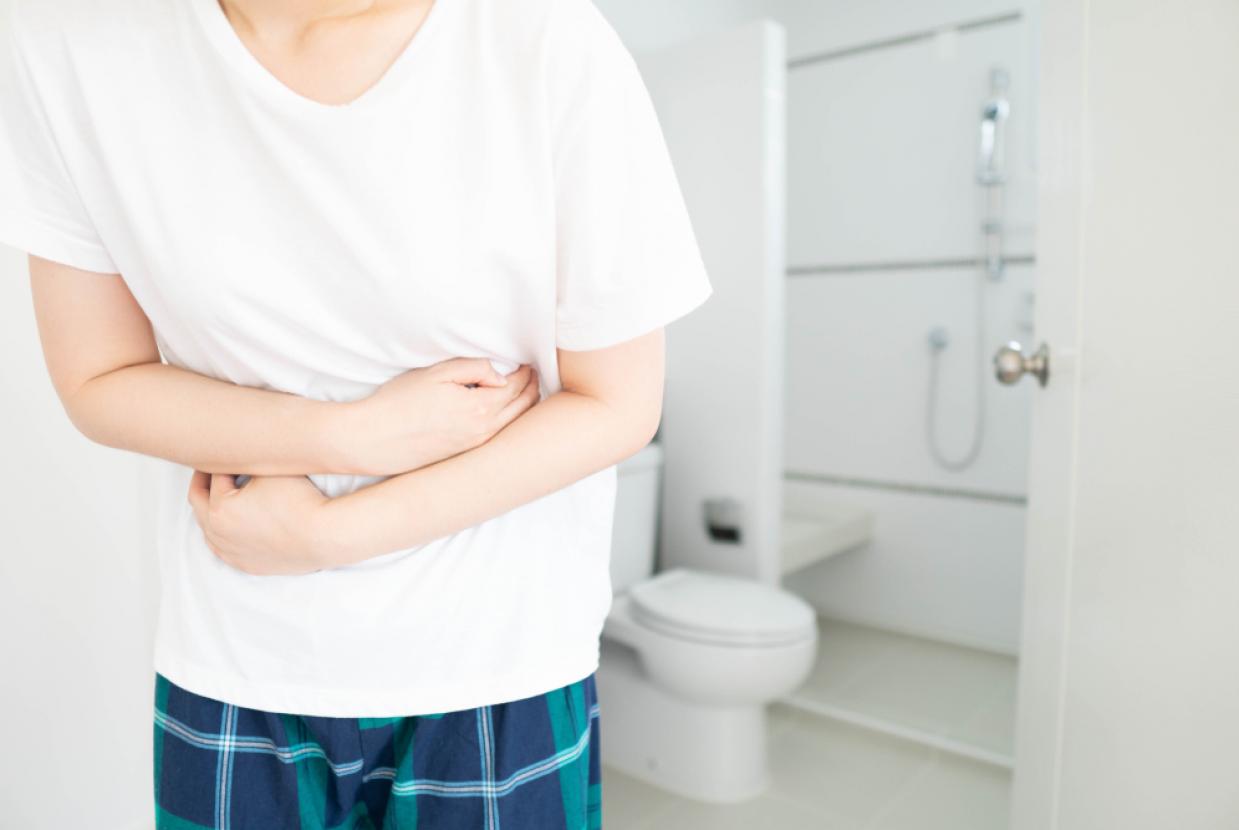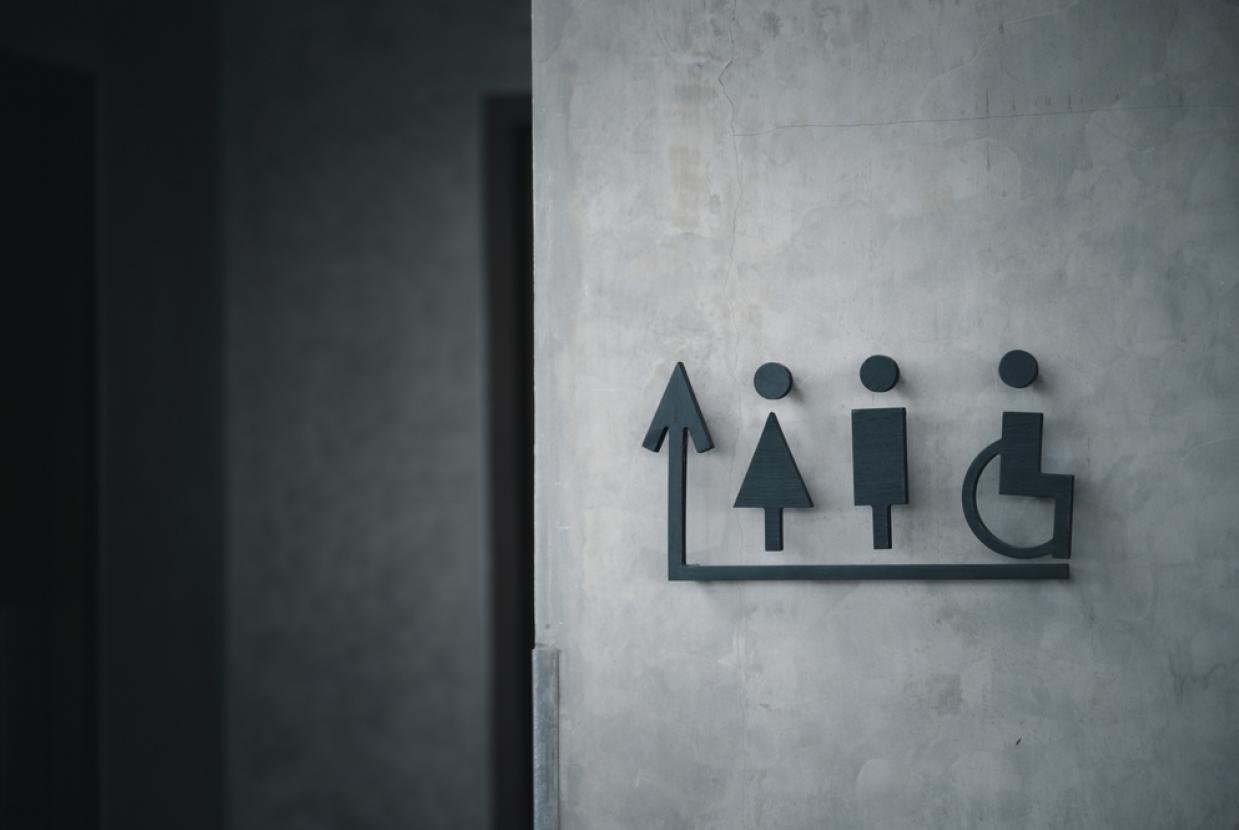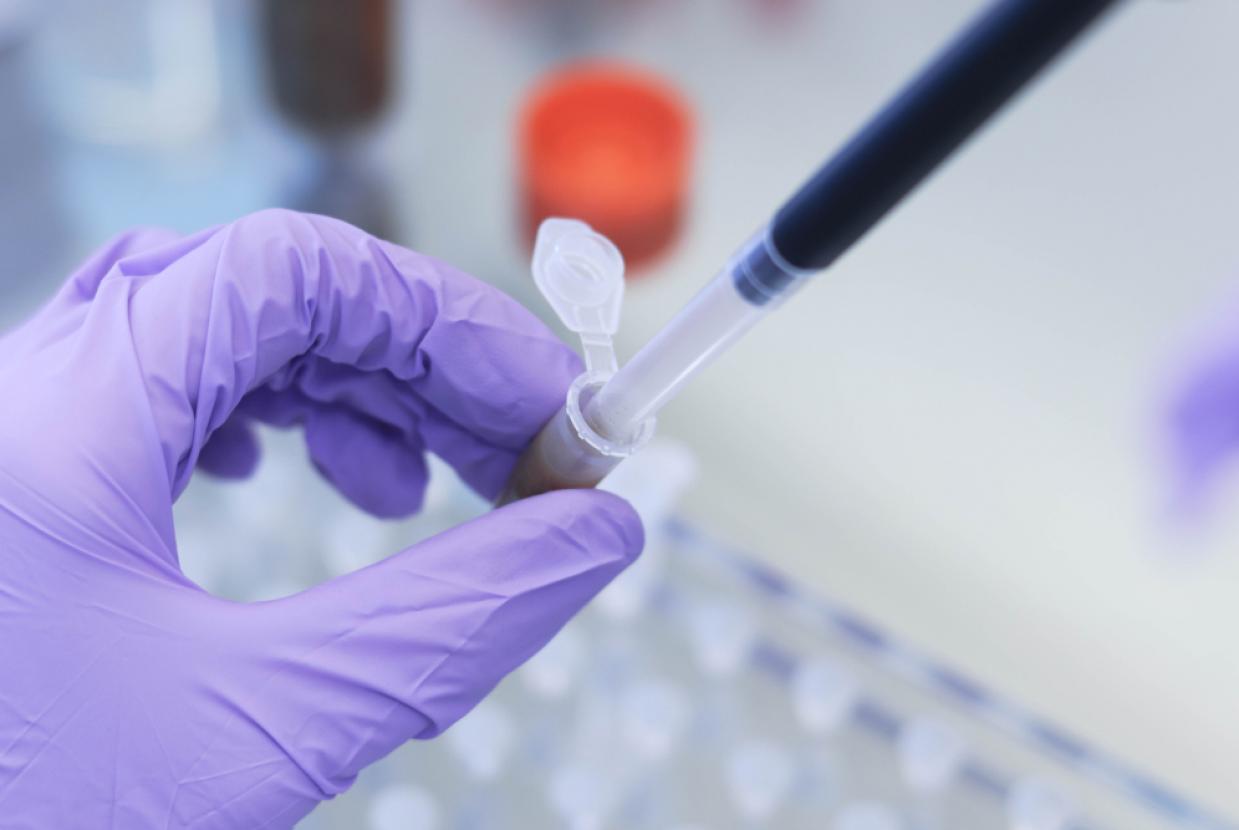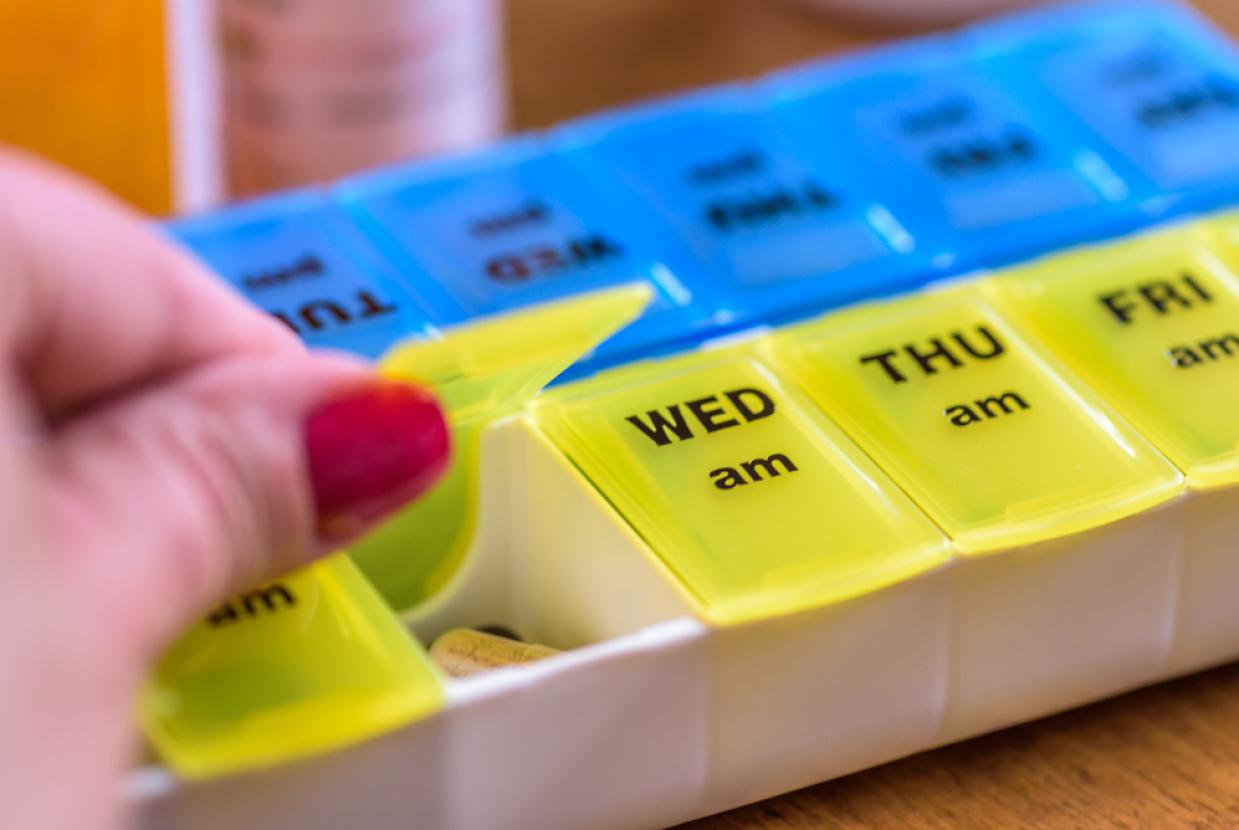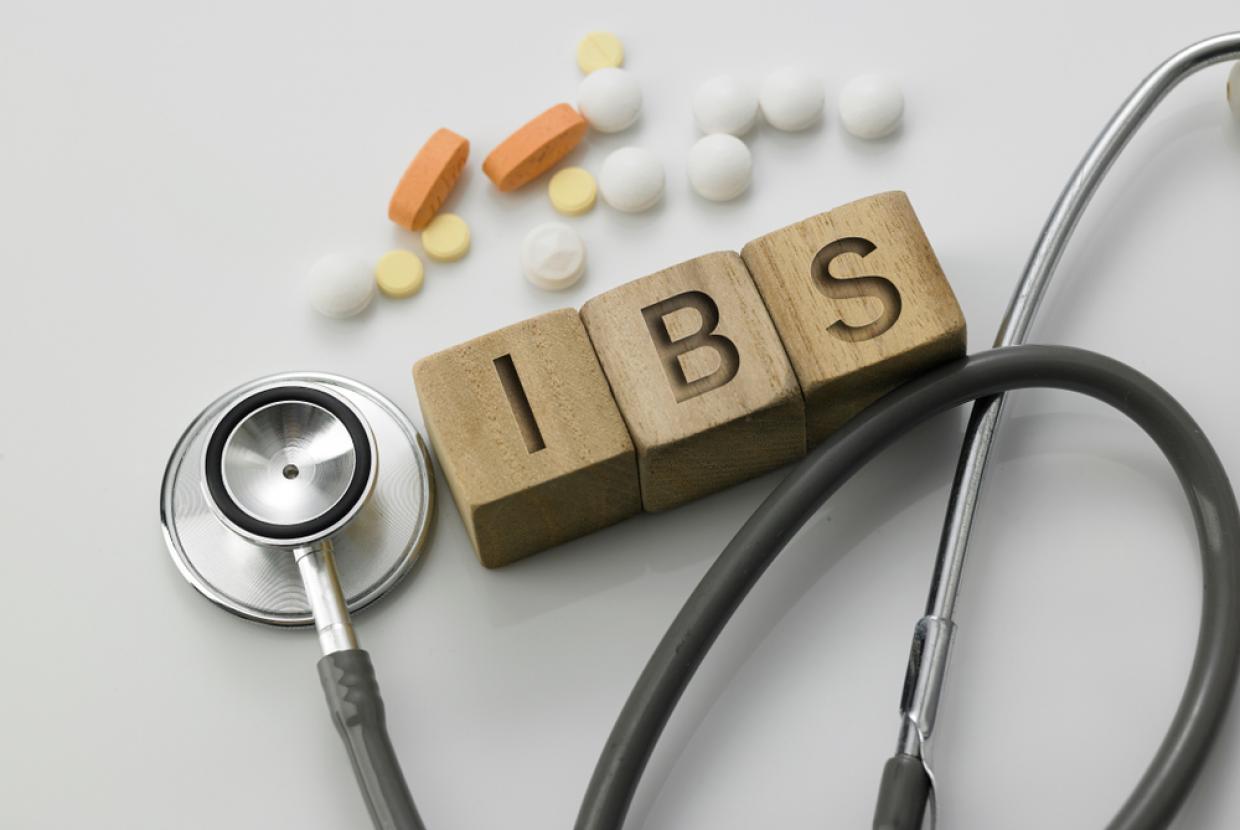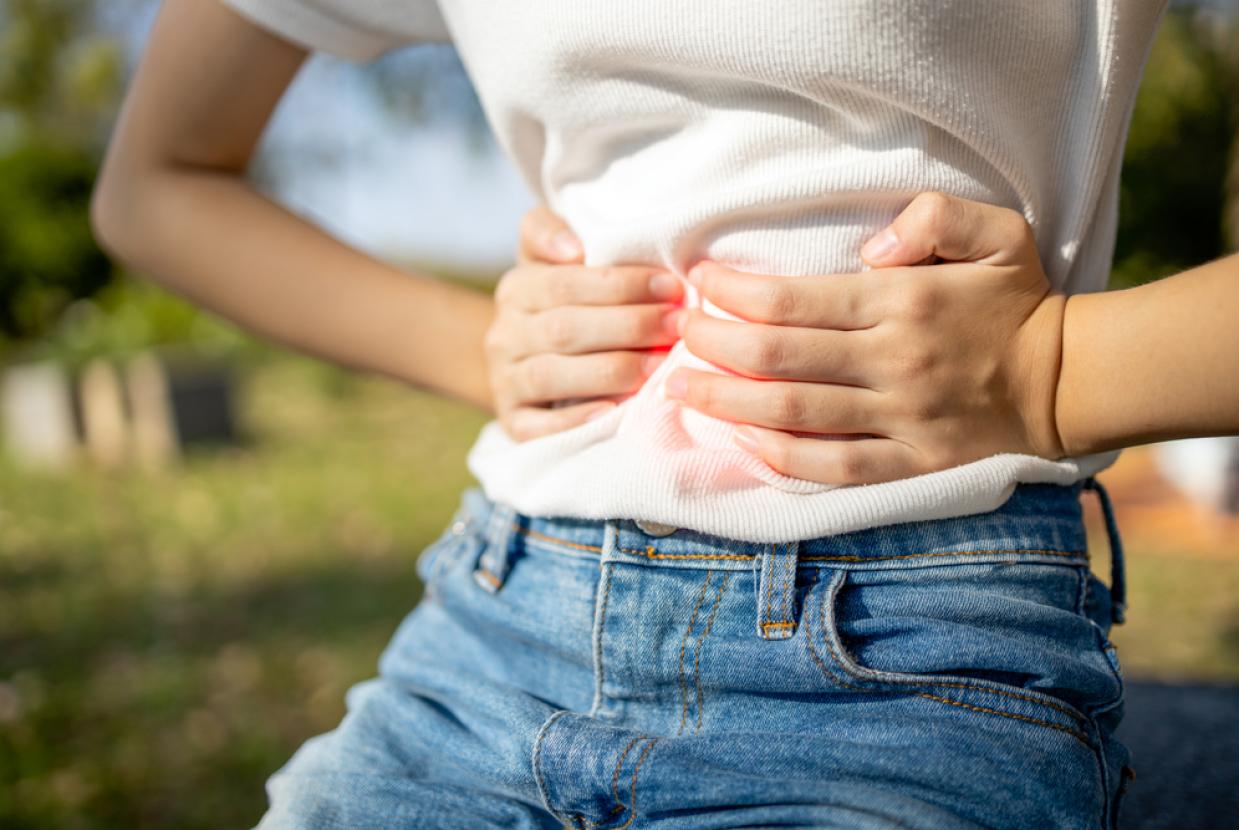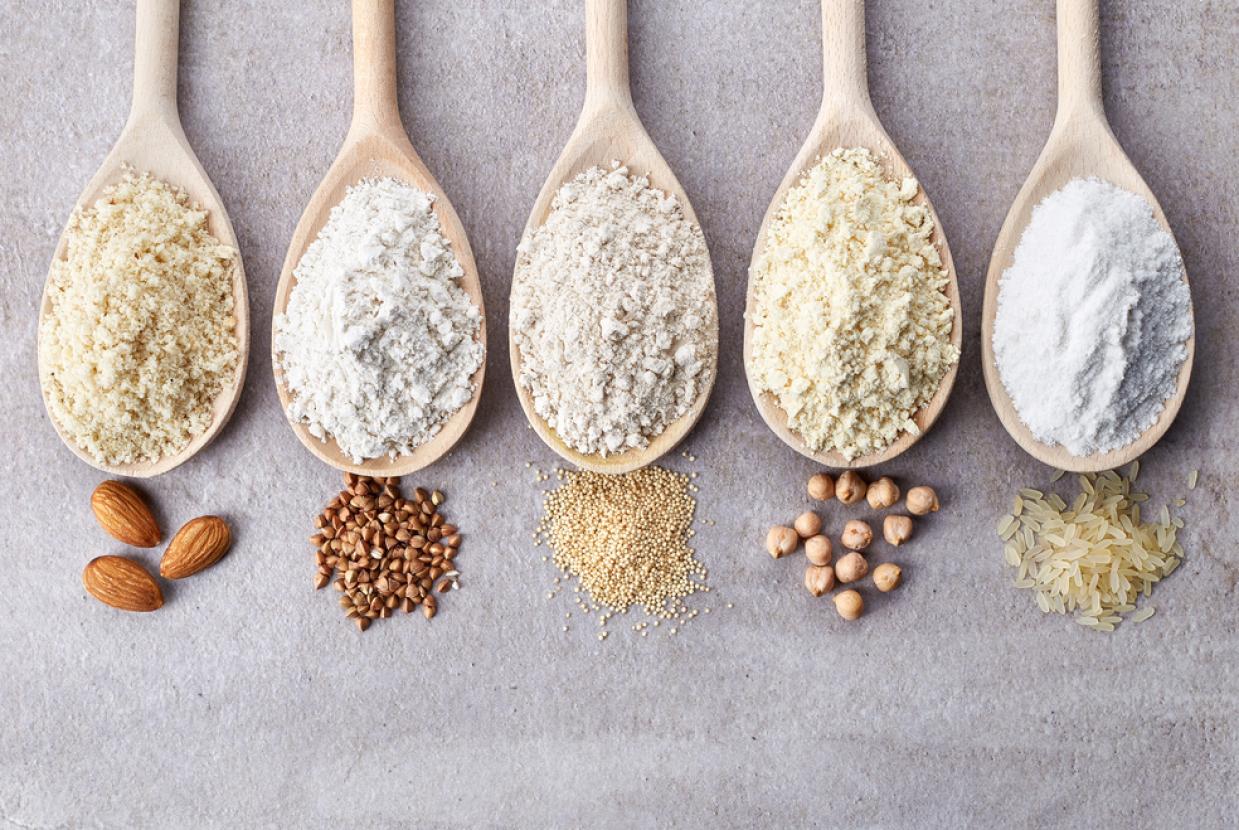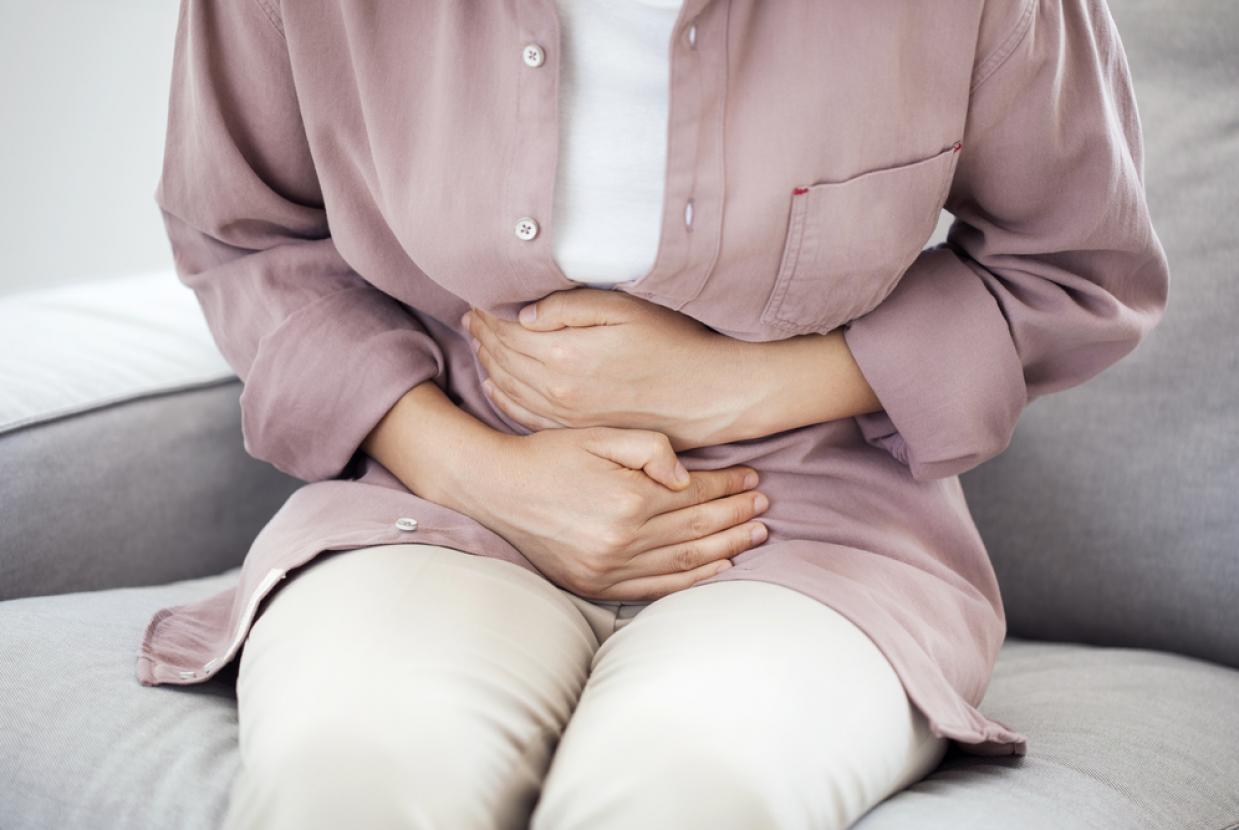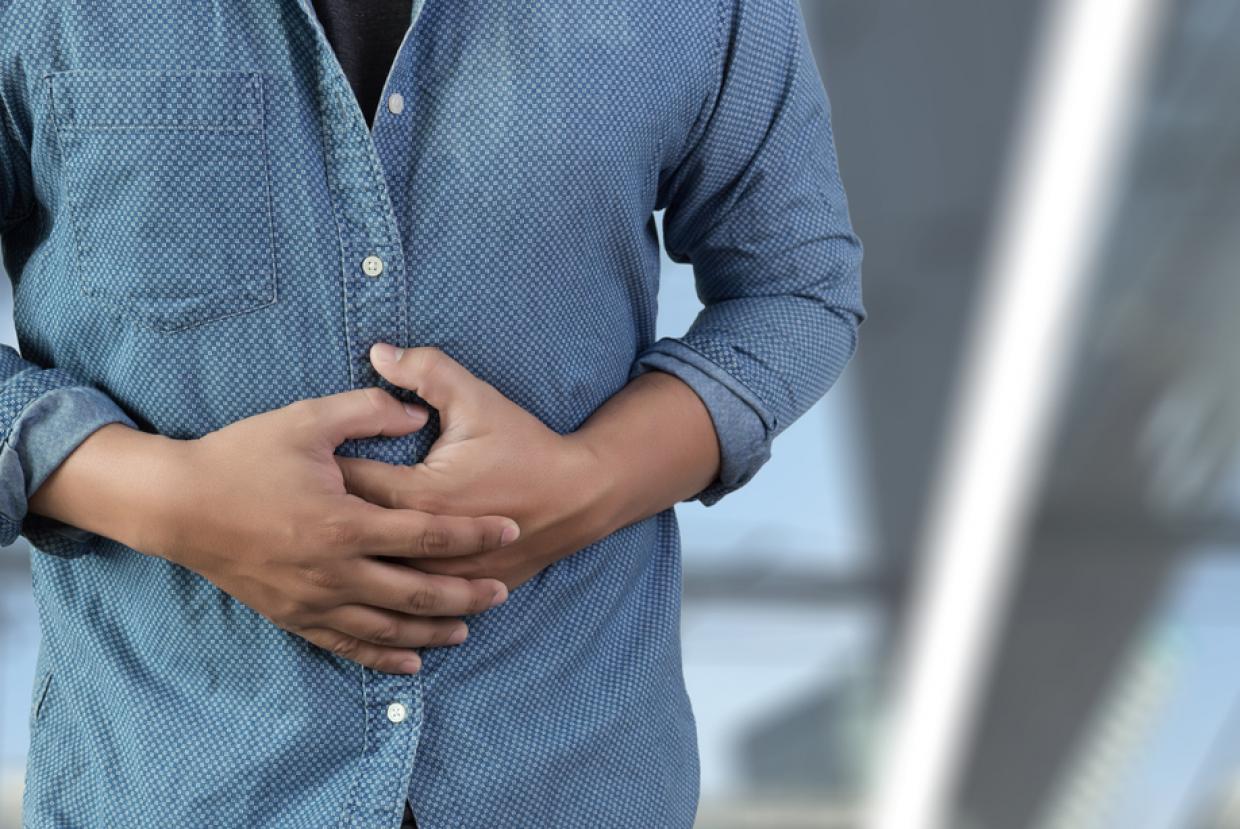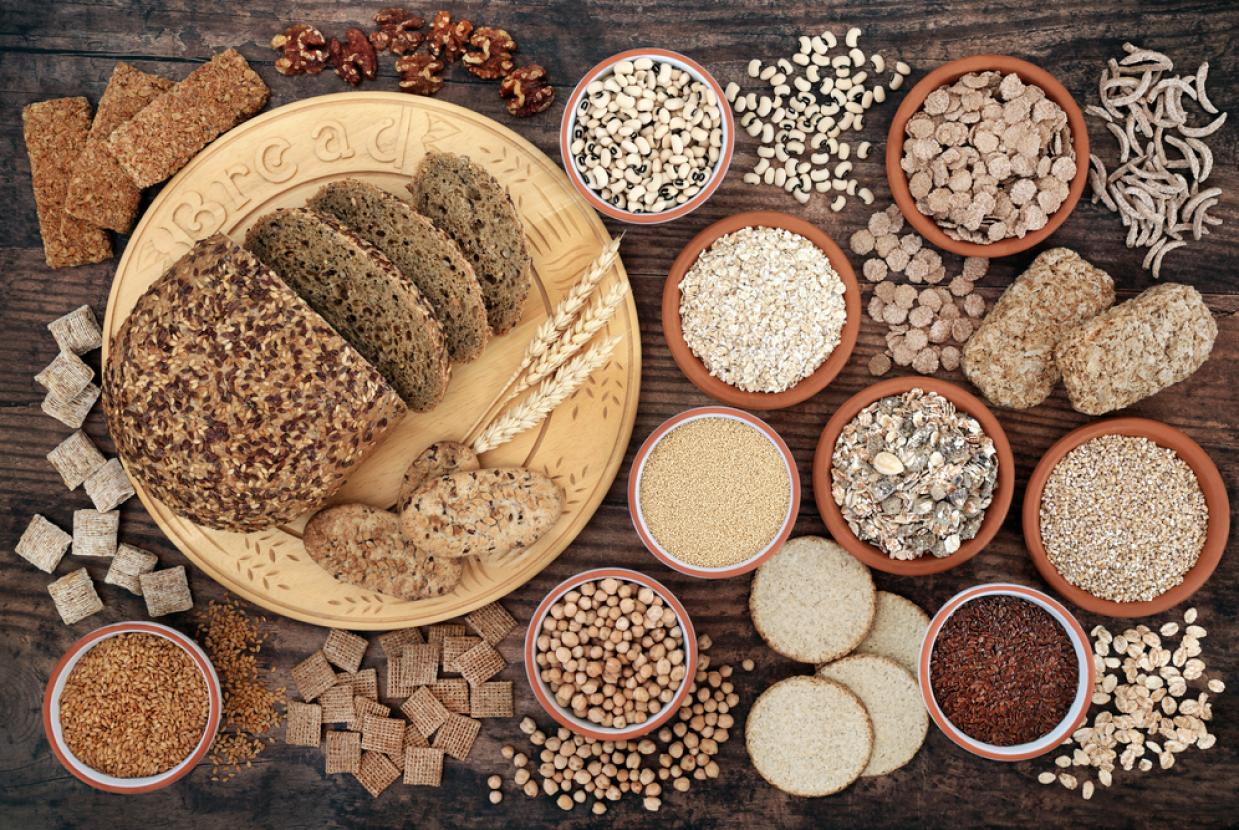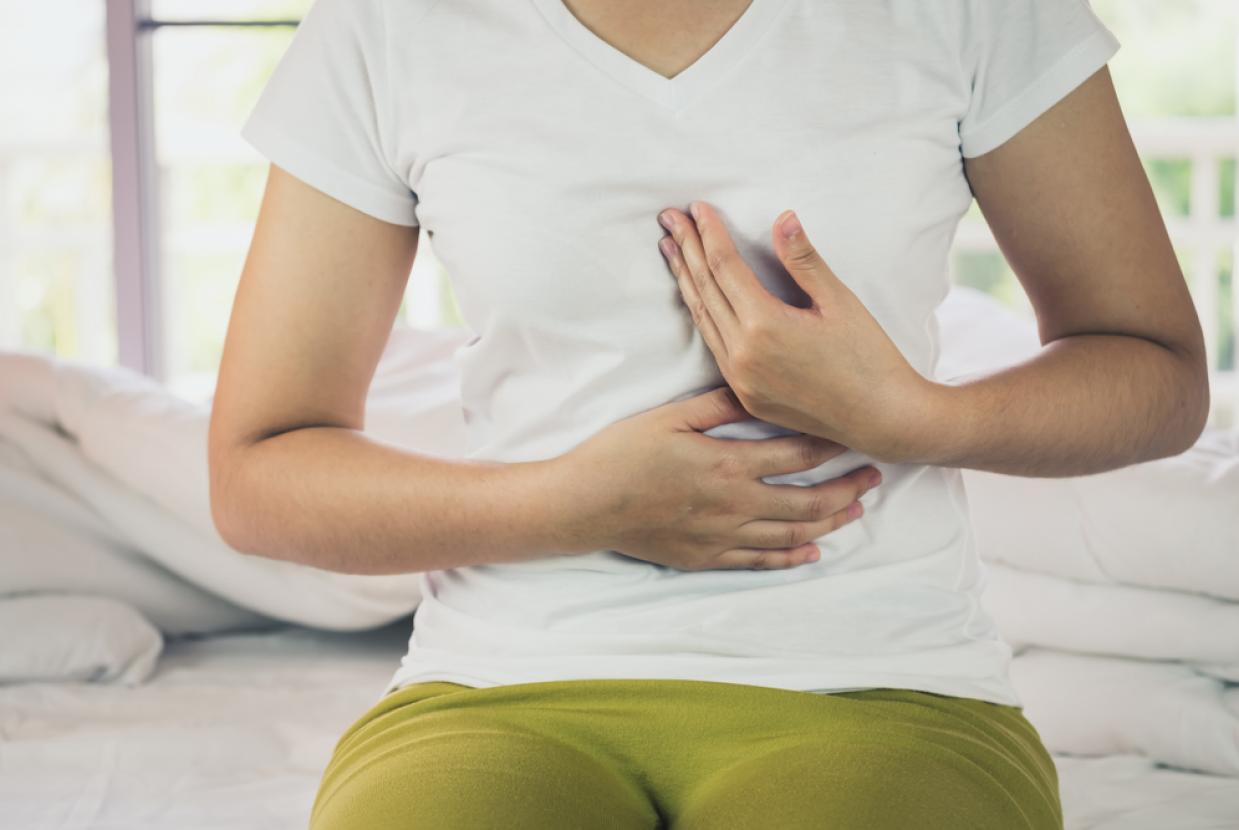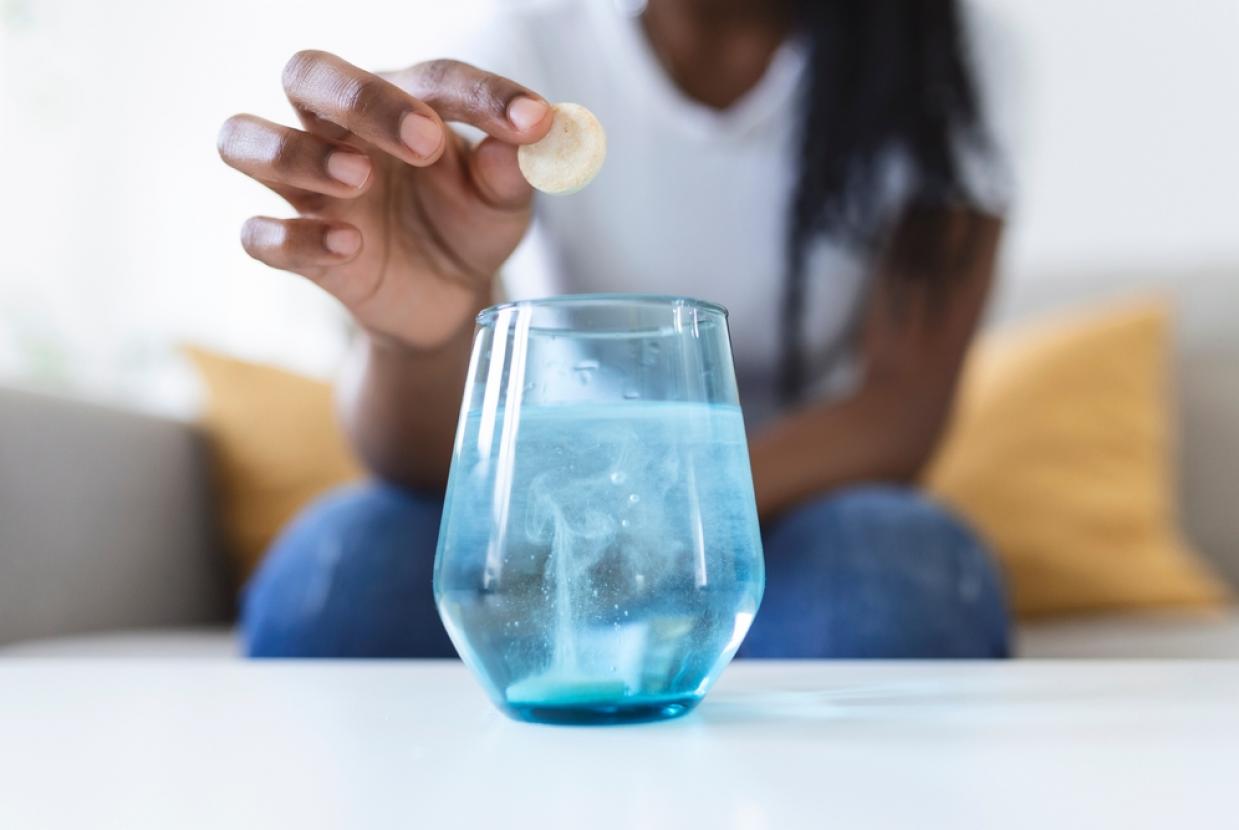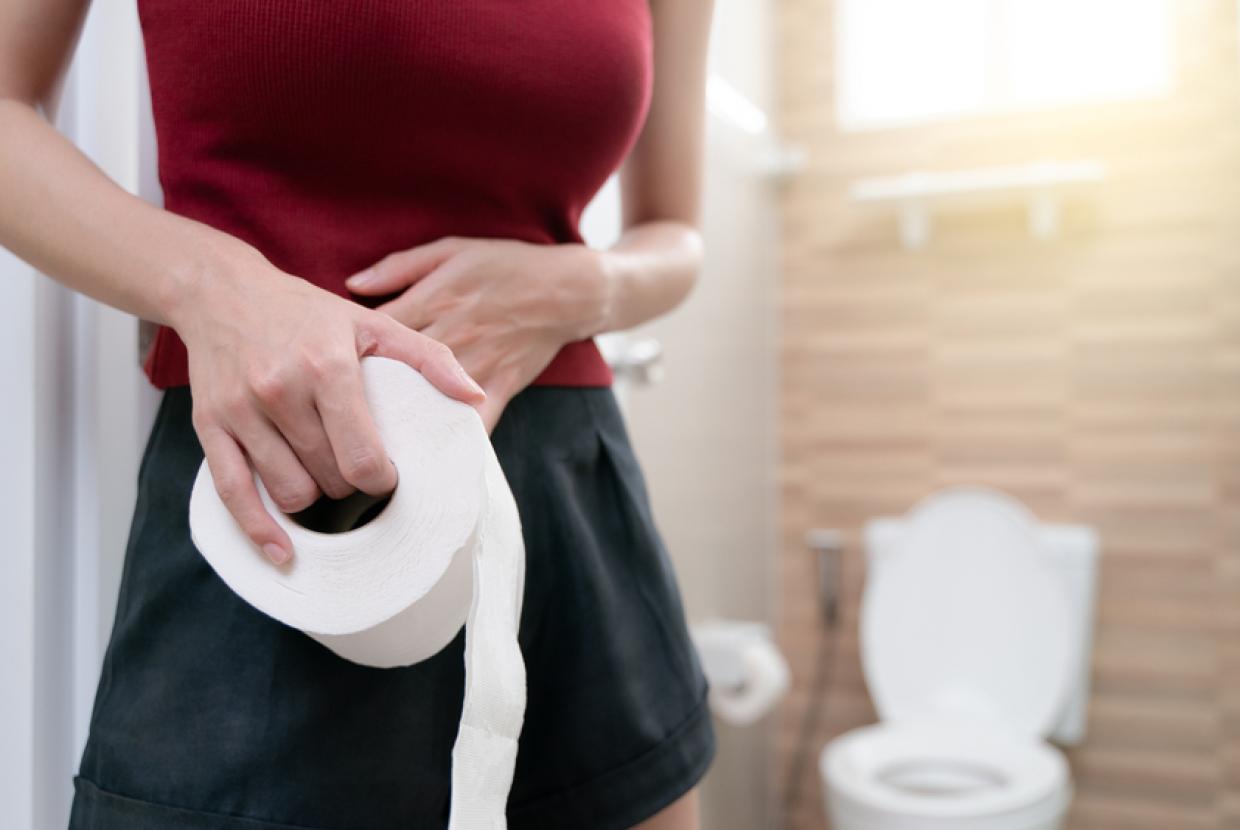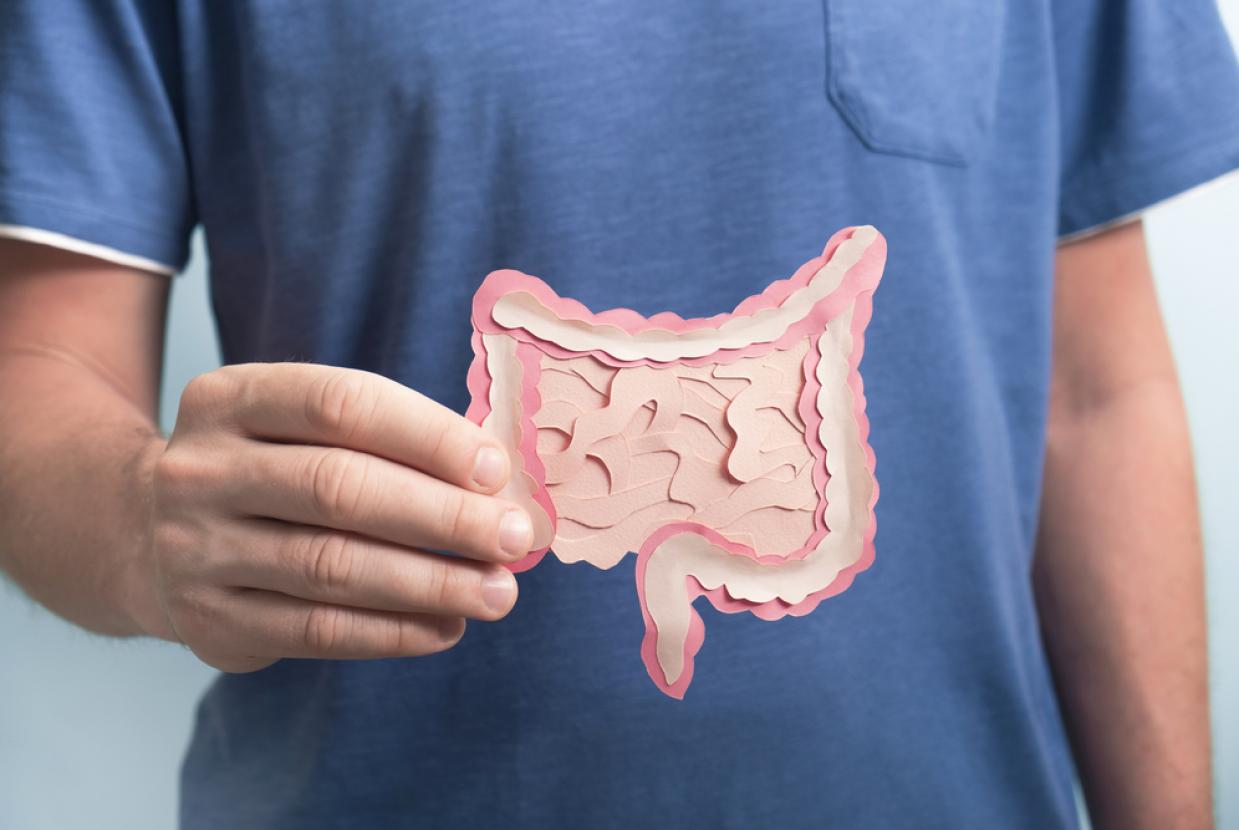What Is Crohn's Disease?
Crohn’s is an Inflammatory Bowel Disease, or IBD. When you have Crohn’s, your immune system doesn’t work properly. The body starts attacking itself, causing painful ulcers and inflammation in the gut. Although Crohn’s is called an Inflammatory Bowel Disease, any part of the gut can be affected, from your mouth to your bottom. It can also affect other parts of your body.
Crohn’s can be diagnosed at any age, most commonly before the age of 30.
Other forms of IBD include Ulcerative Colitis and Microscopic Colitis. It may not always be possible for doctors to tell the difference between Crohn’s and Ulcerative Colitis. If this is the case you may be diagnosed with IBD Unclassified, also known as IBD-U or Indeterminate Colitis.
IBD is not the same as irritable bowel syndrome, or IBS. IBS has some symptoms which are similar to Crohn’s, but this is a different condition and treatment for IBS is not the same. Find out more in the section Crohn’s and IBS.
Crohn’s is a lifelong condition. You may have periods of good health known as remission, as well as times when symptoms are more active, known as flare-ups or relapses. This means that sometimes you may feel well and have no or few symptoms, whilst at other times symptoms may be more difficult to manage.
Remission
- Remission is when you feel better because your Crohn’s is well controlled.
- Medical tests, such as blood tests and endoscopy, show your gut is less affected by your condition.
- Your symptoms, such as diarrhoea, an urgent need to use the toilet, fatigue or extreme tiredness, and tummy cramps will improve.
- Some symptoms, like fatigue, may not go away completely.
Flare-up or relapse
- A flare-up, also known as relapse or active disease, is when you feel unwell because your Crohn’s is not well controlled.
- Medical tests, such as blood tests and endoscopy, show your gut is sore and inflamed.
- You may have symptoms such as diarrhoea, an urgent need to use the toilet, fatigue or extreme tiredness, and tummy cramps.
Right now, there is no cure for Crohn’s. But there are many effective treatments to help you control symptoms and prevent long-term problems. Treatment options may include medicines, surgery, and sometimes a combination of both. Working together, you and your healthcare professionals can find a way to manage the condition that works best for you.


